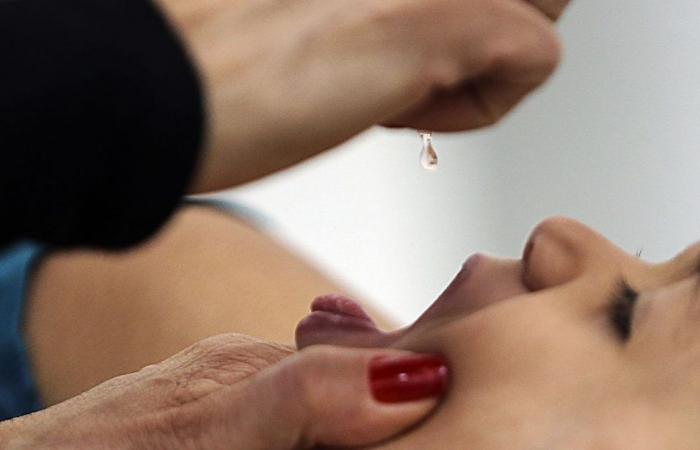Mother of a child and a teenager, Guará resident Tatiane Torres says she was asked to present her vaccination card when she went to register her children. “I consider it extremely important, but I am very surprised that the institution, after weeks, after the start of classes, no longer demands the presentation of the document”, she lamented.
The topic divides opinions in the Federal District. The fact is that childhood vaccination rates have fallen to the 50% to 70% range in recent years. According to experts, this reduction in the rate, which was previously above 90%, represents a high risk of the return of serious diseases that have already been eliminated or controlled, such as polio and measles.
In 2019, before the Covid-19 pandemic, public and private schools had to require a vaccination card for enrollment.
The implementation of campaigns within schools is considered an important agenda to reach children and adolescents and recover immunization rates among this population.
Fiocruz, in a technical note, stated that the pediatric vaccine against Covid-19 became part of the National Vaccination Calendar in 2024, with a 3-dose schedule, with the following schedule being recommended:
1st dose: at six months of age.
2nd dose: at seven months of age, 4 weeks after the 1st dose.
3rd dose: at nine months of age, 8 weeks after the 2nd dose.
All children aged six months and under five years of age who have not been vaccinated or who are late on doses will be able to complete the three-dose schedule, respecting the same intervals.
After the age of five, only children who are part of priority groups will receive a booster dose in 2024.
The priority groups include children: immunocompromised; with comorbidities and permanent disability; indigenous people; riverside; quilombolas; who live in long-term care institutions and are homeless.
These groups are those most at risk of developing severe forms of the disease.
In order for parents to be guided in order to protect their children from diseases that can be avoided, it is now mandatory to present a vaccination card for children and adolescents up to 18 years of age at the time of registration.
“It seems more appropriate to require the vaccination record at the time of registration without preventing the student from attending classes”, stated federal deputy Pedro Westphalen.
Although the student’s guardians do not present the vaccination card at the time of registration, and the child is still able to attend classes, the school is obliged to inform the Guardianship Council about the failure to present the document to the institution.
Even so, the topic, in fact, divides views. For Antonio Luis, resident of Sobrainho, it is not certain that vaccinations will be mandatory. For him, parents should have the right to decide whether or not their children should be vaccinated with something without proof of efficacy and safety.
The issue was taken to the STF, which decided that parents’ refusal to vaccinate their children is illegitimate.
According to Minister Luis Roberto Barroso, the decision does not specifically address vaccination against Covid. “Since it will not yet be applied to minors, as clinical trials have not yet been completed. In this case, the mandatory nature of vaccines that are already included in the Ministry of Health’s vaccination calendar is being discussed. Therefore, even though parents, holders of family power, can make decisions for their children, the issue of vaccination is a situation that goes beyond the right to individual freedom.”
By Juan Costa
Supervision by Luiz Claudio Ferreira
Tags: Presentation vaccination cards schools divides parents
--





